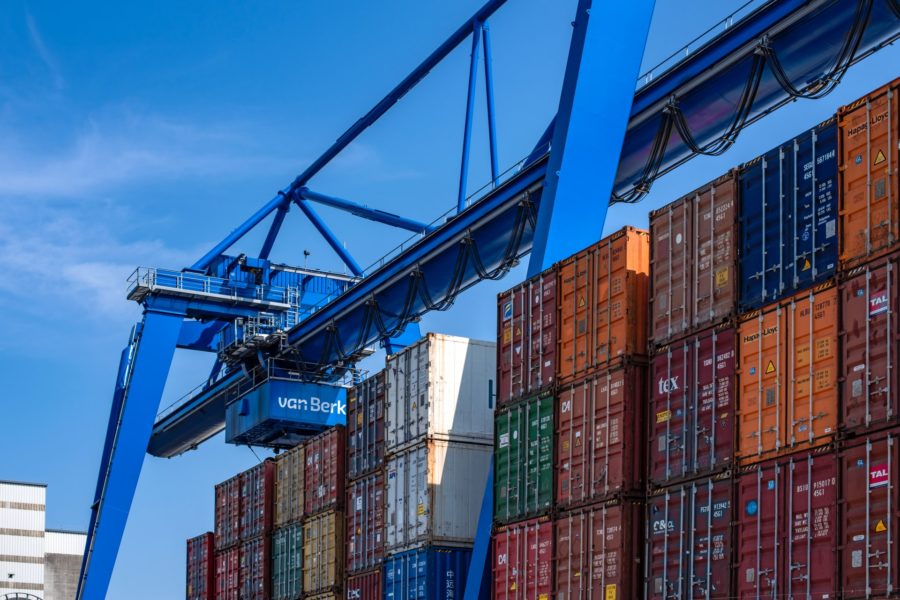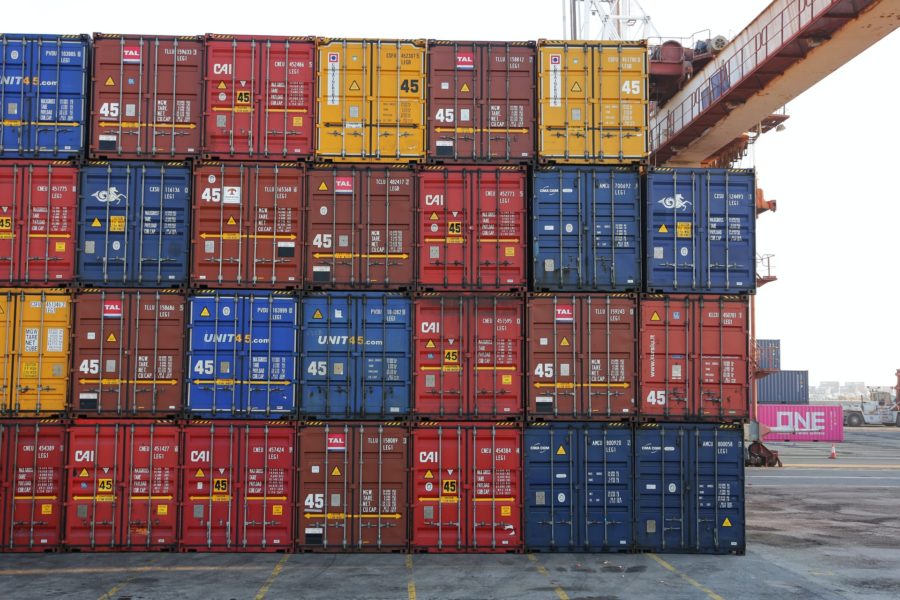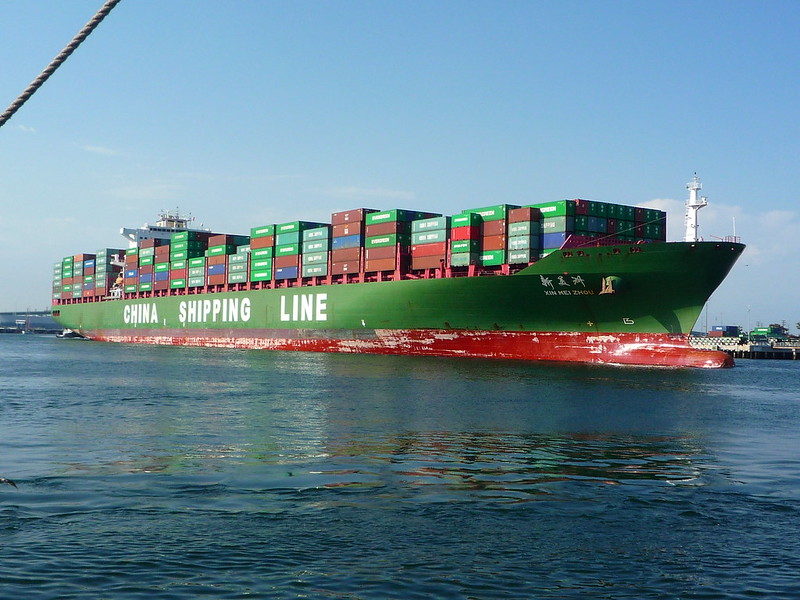May 19, 2020
Automakers Reopen Across North America While Bracing for Challenges Ahead of CUSMA/USMCA

Auto manufacturing plants are resuming operations across North America, however, they are anticipating challenges to come from a new socially distant workplace and heavy reliance on partners in Mexico and Canada to succeed.
Mexico said it would allow the auto industry to resume on June 1, but would let companies start sooner if they have the approved safety measures in place.
Mexican officials say the country is experiencing its peak of virus transmission, with the total number of confirmed cases surpassing 45,000. Still, the country this week will ease lockdown measures in areas where there are no confirmed cases of the virus and plans to do a wider reopening on June 1.
Production of autos, including trucks, has plummeted during the pandemic. In April, the output of autos and parts fell by more than 70 percent, according to the Federal Reserve’s latest figures. Industry leaders expect figures from May and early June to be more telling on the state of the industry, and those will determine if they need some form of stimulus from the government to get past the fallout from the pandemic.
Automakers are also bracing for additional stress to come in July, when CUSMA/ USMCA goes into effect. The North American auto industry has repeatedly asked for some flexibility with implementing the new rules, which will require costly and time-consuming changes.
Auto industry officials are awaiting regulations they will have to follow in order to qualify for reduced tariffs in the region, which are expected to be published by June 1.








